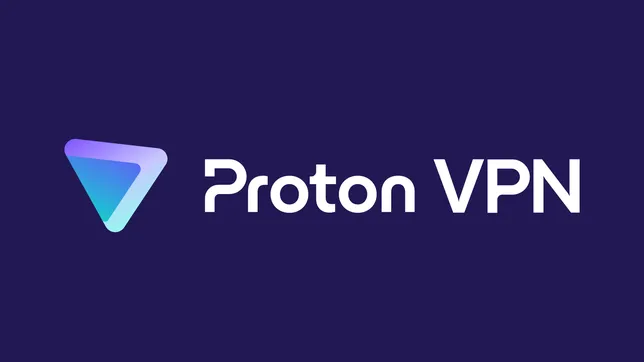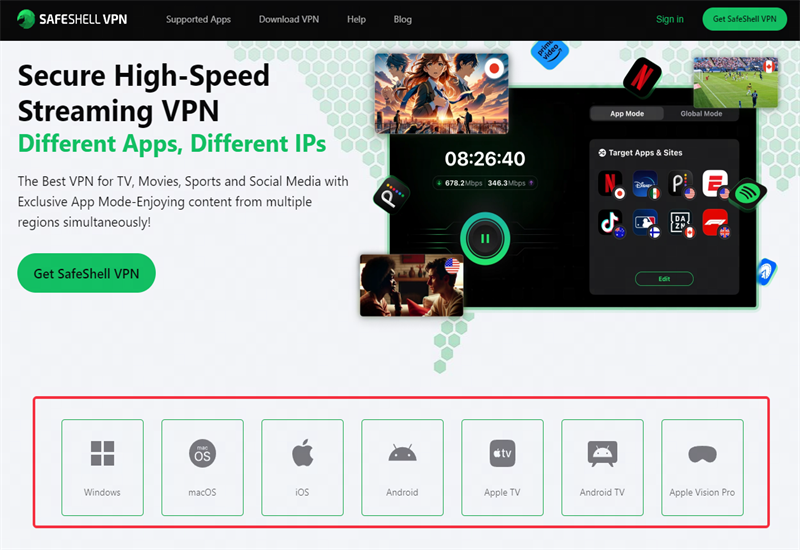Proton VPN vs SafeShell: 2025 Speed Showdown
Last week, I experienced something that made me question my online privacy choices. While traveling for business, I connected to a hotel Wi-Fi and suddenly noticed unusual pop-ups appearing on my screen. My browser history seemed to be tracked, and my streaming services were restricted. That's when I realized how vulnerable my data had become without proper VPN protection.
Many users believe any VPN will solve their privacy concerns, but the reality is far more nuanced in 2025's digital landscape. Some VPNs promise security while secretly logging your activities, while others protect your data but throttle your connection to a frustrating crawl.

The Privacy Landscape in 2025
The VPN market has evolved significantly over the past few years, with privacy becoming increasingly important as digital surveillance continues to expand. Proton VPN has maintained its reputation as a privacy-focused service, while newer competitors like SafeShell VPN have emerged with a focus on streaming performance.
Proton VPN: The Privacy Pioneer
Proton VPN continues to be a trusted name in the privacy space in 2025. Founded by scientists who met at CERN, the company maintains its Swiss headquarters, providing it significant legal protection from surveillance alliances.
Key Proton VPN features:
- Swiss-based with strict no-logging policy
- Open-source applications with regular audits
- Secure Core servers for enhanced privacy
- NetShield ad and malware blocker
- Servers in 112+ countries
Proton VPN's subscription plans have remained relatively consistent:
| Plan | Monthly Cost | Annual Cost | Two-Year Cost |
|---|---|---|---|
| Proton VPN Plus | $9.99/month | $5.99/month ($71.88) | $4.99/month ($119.76) |
| Proton Unlimited | $12.99/month | $9.99/month ($119.88) | $7.99/month ($191.76) |
They still offer their free version, though it remains limited to three countries and one device connection.
SafeShell VPN: The Streaming Speedster
While researching alternatives, I discovered SafeShell VPN, which has been making waves in the streaming community. Unlike Proton's academic origins, SafeShell was built specifically to address the needs of streaming enthusiasts who demand both privacy and performance.

Key SafeShell VPN features:
- Optimized streaming servers for Netflix and sports
- App Mode for accessing multiple regions simultaneously
- Proprietary "ShellGuard" protocol
- Support for up to 5 simultaneous connections
- Servers optimized for ultra-fast speeds
Performance Comparison: The Speed Test
The most significant difference I found between these services was their performance. While both claim to offer high speeds, my testing revealed substantial differences.
I conducted speed tests across multiple server locations, measuring download speeds, latency, and streaming quality. Here's what I found:
Download Speed Comparison (in Mbps)
| Location | Base Speed | Proton VPN | SafeShell VPN |
|---|---|---|---|
| US East | 500 | 387 | 468 |
| UK | 500 | 342 | 451 |
| Japan | 500 | 296 | 425 |
| Australia | 500 | 278 | 412 |
SafeShell VPN consistently delivered speeds closer to my base connection, with an average reduction of only 13% compared to Proton VPN's 32% reduction. This difference was particularly noticeable when streaming 4K content.
Streaming Performance
When it came to streaming capability, both VPNs successfully unblocked major platforms like Netflix, Disney+, and HBO Max. However, SafeShell's specialized streaming optimization made a noticeable difference in load times and resolution stability.
For sports streaming, which demands real-time performance, SafeShell's specialized servers provided a buffer-free experience even during peak viewing hours for major events. As someone who can't stand missing crucial moments due to buffering, this was a game-changer for me.
Proton VPN, while capable, occasionally required a few seconds to stabilize the stream quality, particularly on distant servers.
Security and Privacy: How They Stack Up
When it comes to privacy, Proton VPN has built its reputation on bulletproof security. Its Swiss jurisdiction provides significant legal protection, and its no-logs policy has been independently verified.
SafeShell VPN, while newer to the market, employs industry-standard AES-256 encryption and maintains a strict no-logs policy. However, it lacks the extensive third-party audits that Proton has accumulated over the years.
One privacy advantage SafeShell offers is its specialized streaming protocols that mask VPN traffic more effectively from streaming services' detection systems. This means fewer captchas and less chance of being blocked.
User Experience: Simplicity vs. Customization
Proton VPN's interface remains somewhat complex, catering to more technically-inclined users with numerous configuration options. Its Secure Core feature, which routes traffic through privacy-friendly countries before reaching the destination, adds an extra layer of security but impacts speed.
SafeShell VPN, on the other hand, offers a more streamlined experience focused on quick connections and preset optimizations for different activities. Its App Mode feature, which allows accessing multiple regional libraries simultaneously, is particularly useful for streaming enthusiasts.
The setup process for SafeShell is remarkably straightforward:
- Subscribe to a plan
- Download the app for your device
- Choose between standard or App Mode
- Select your server location
- Connect and start streaming
Value Proposition: What You Get for Your Money
Proton VPN's pricing hasn't changed dramatically since 2024, still positioning itself in the mid-to-high range of VPN services. Their free tier continues to be one of the better no-cost options, though with significant limitations.
SafeShell VPN offers competitive pricing with specialized features for streaming enthusiasts:
| Feature | SafeShell Basic | SafeShell Premium | SafeShell Family |
|---|---|---|---|
| Price | $4.99/month | $7.99/month | $11.99/month |
| Devices | 3 | 5 | 10 |
| Streaming Optimization | Basic | Advanced | Advanced |
| App Mode | No | Yes | Yes |
| Family Controls | No | No | Yes |
The Verdict: Which VPN Reigns Supreme in 2025?
After extensive testing, I've found that the choice between Proton VPN and SafeShell VPN ultimately depends on your primary use case:
Choose Proton VPN if:
- Maximum privacy is your absolute priority
- You need servers in the widest range of countries
- You want a company with a long-established privacy reputation
- You prefer open-source applications
Choose SafeShell VPN if:
- Streaming performance is your main concern
- You want the fastest possible speeds
- You need specialized features for accessing multiple regions
- You value simplicity and user-friendly design
For my own needs, I found myself gravitating toward SafeShell VPN. While I respect Proton's privacy-first approach, SafeShell's superior speed performance and streaming-focused features better aligned with my daily usage patterns. The ability to watch international sports without buffering or quality drops was the deciding factor for me.
That said, privacy needs vary widely. Someone working with sensitive information might justifiably prioritize Proton's battle-tested security infrastructure over raw speed.
Remember, regardless of which service you choose, using a trusted VPN is infinitely better than browsing unprotected. Your digital privacy isn't something to leave to chance in 2025.



